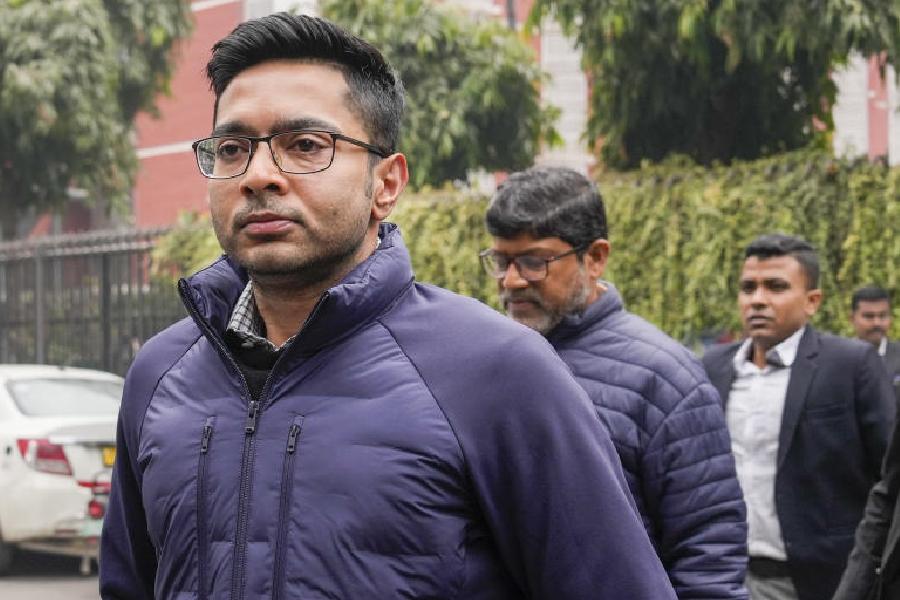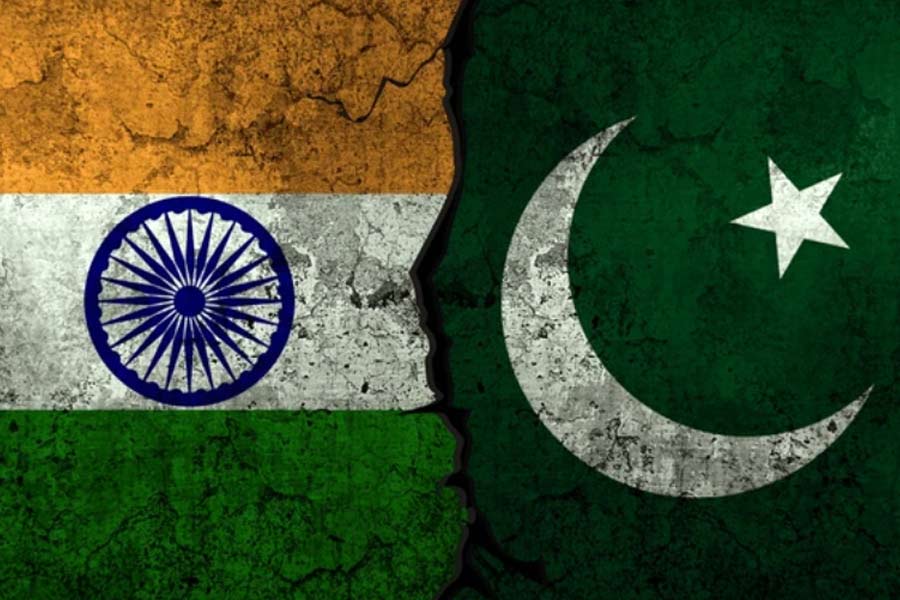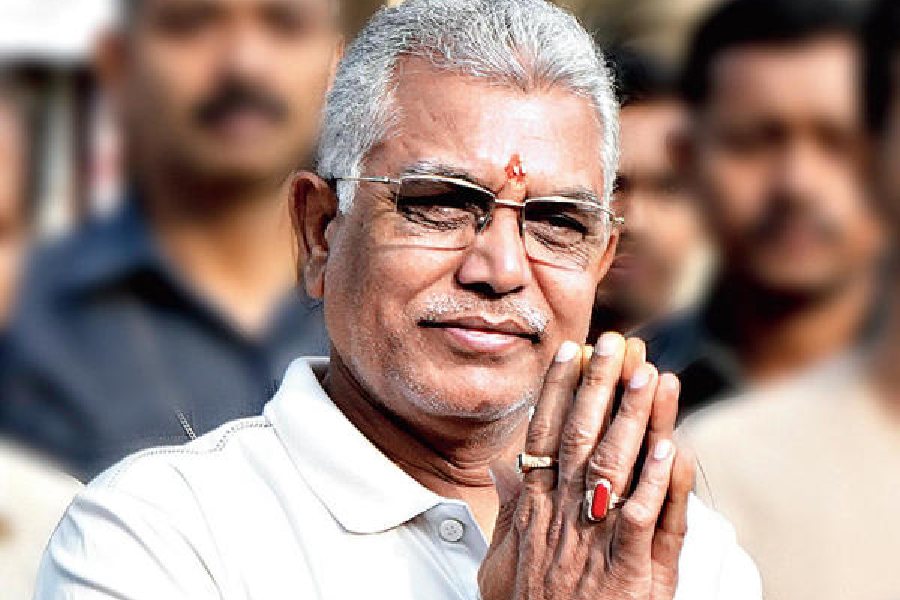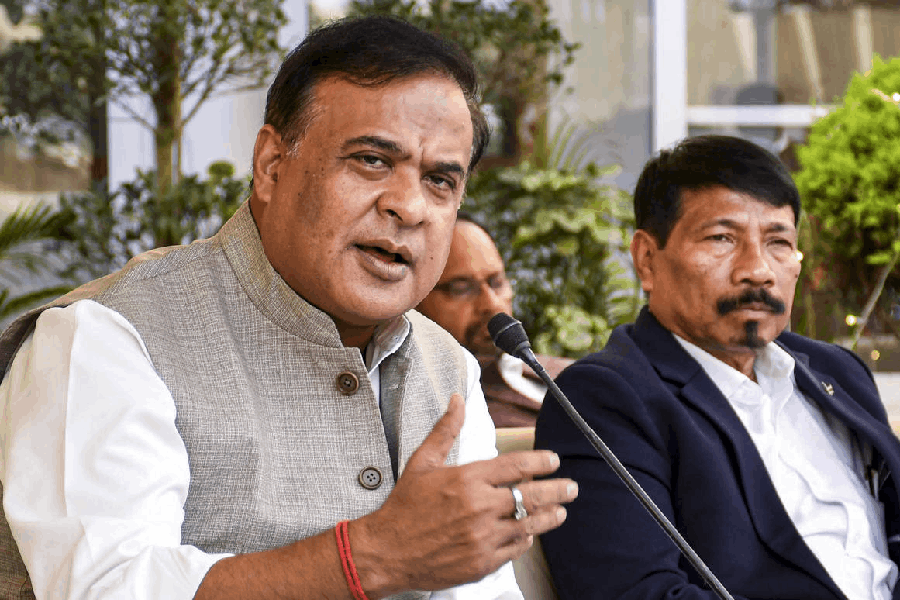Rationalisation seems to be an excuse to indulge in the irrational in New India. Apart from the cancellation of numerous awards for achievements in science and literature, the ‘rationalist’ approach, it seems, is being employed to institute a major restructuring of the pedagogical edifice at the school level. The National Council of Educational Research and Training, already facing allegations of bias for removing or shortening chapters on Jawaharlal Nehru and on groups responsible for the assassination of Mahatma Gandhi, has now come under fire for deleting content explaining Darwin’s theory of evolution, the Periodic Table, and the workings of democracy from textbooks prescribed to students in Class 10. The NCERT, of course, remains bullish: it has attempted to explain the ‘rationalisation’ as a routine exercise to lighten students’ load, prevent overlapping of content in successive classes, and modernise the syllabi according to the needs of the times. The NCERT also has a fig leaf in place: students, it has argued, who wish to know more about these topics can either do so online on their own, or opt for extra subjects in Class 11 and 12. The assumption that students — especially those pursuing humanities or commerce after Class 10 — would have the time or the inclination to, say, take up a chapter on a fundamental scientific element is naïve. It is also mischievous. Why should the onus of being acquainted with scientific principles rest with students and not educators?
Therein lies the mischief. The scientific temper and the spirit of inquisitiveness have, as is the wont of authoritarian regimes, been attacked constantly by the Bharatiya Janata Party-led government. The scrutiny of science and democracy is, in fact, related. Science teaches young minds to think critically, to ask questions, and demand proof. Each of these tenets is central to the democratic project. Each of them is also inimical to political projects that thrive on bigotry and irrationality. Perhaps what India’s present minders desire is the passivity that would be the result of such a selective education. History bears proof that the quiet, uncritical mind has been known to perpetuate political rule. The National Education Policy prioritises “experiential learning with creative mindset”: ironically, its patron, the Union government, remains intent on restraining creative minds. The agenda to create a pliant, non-dissenting population could not have been more apparent, notwithstanding the novel excuses cited periodically by an agenda-driven NCERT and government.










